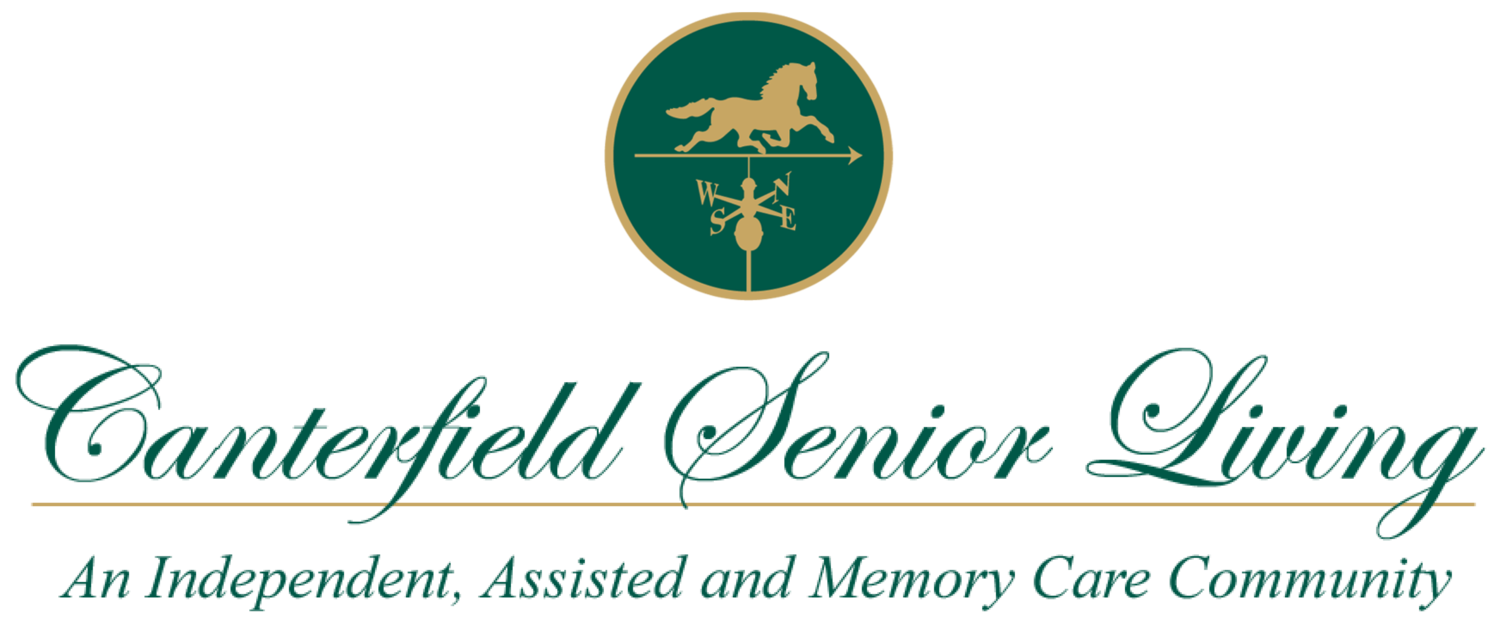Daily Routines for a Vibrant Senior Lifestyle
A vibrant lifestyle is one that has many sources of joy and engagement. These include social interactions, self-care, personal hobbies, and community participation. The preconceived notion is that, as you age, the elements that build a vibrant lifestyle will begin to fade. But that is not the case.
By maintaining daily habits that focus on social engagement and personal care, you can create a vibrant lifestyle for yourself. Building a habit takes time, but with small changes to your routine and staying focused on your long-term goals, you will find that over time you have built a beautiful, joyful life.
Daily Habits for the Body
All Movement is Good Movement
Talk to a doctor before starting new exercise routines, if you have health issues.
Start with simple activities like walking or gentle stretching. It can make a big difference!
Consider these exercises:
Balance: standing to sitting, heel to toe walking, wobble board
Strength: wall pushups, calf raises, shoulder squeeze
Low Impact: swimming, yoga, cycling
Cardio: short walks, pickle ball, water aerobics
Mobility: neck stretches, hip rotations, knee extensions
Healthy Eating Changes with Age
As you age, the metabolism slows and the body requires more of certain nutrients. It’s important to eat foods that benefit your age.
Consider these diet changes:
Lean Protein: Lean meat, seafood, eggs, beans
Fruits & Vegetables: Stick to orange, red, green, and purple colors
Whole Grains: Brown rice and whole wheat pasta
Low-Fat Dairy: Choose low-fat dairy or dairy alternatives
Vitamins & Minerals: Eat foods high in fiber and low in sodium & salt. Focus on potassium, calcium, Vitamin D, and Vitamin B12
Proportions: Eat the right amount of food for your age — calculate through USDA’s MyPlatePlan
Staying hydrated is critical as well!
Have Regular Check-Ups!
Regular screenings help in detecting health issues before they become a problem. In addition, proper health management improves your independence, as it means you are taking charge of yourself!
Get a loved one or friend to bring you to appointments if you can’t take yourself.
Daily Habits for the Mind
Social Engagement is Crucial
Maintaining social engagement becomes evermore important with age, as it helps to prevents physical and mental health issues associated with isolation. Social connection boosts mental health and well-being.
Schedule morning calls with your long-distance friend, or play cards with your neighbor in the afternoons. There are many avenues for engagement — find the one that best suits you.
Mental Activities
Continue Learning: pursue a hobby, learn a new skill, volunteer, or take classes
Believe in Yourself: Believing in negative stereotypes about memory (“senior moments”) affects your willingness to work on your memory and stay sharp
Prioritize Brain Use: Let your brain focus on the important stuff. Rely on calendar alerts, reminders, address books for the menial things
Daily Habits for Mind & Body
Sleep Schedule
Adhere to a regular sleep routine. If you’re struggling to go to bed at the same time every night, try reading a book before bed or drinking a sleepy tea. By maintaining a regular sleep schedule, you are improving the quality of your sleep, as well as your physical and mental health.

